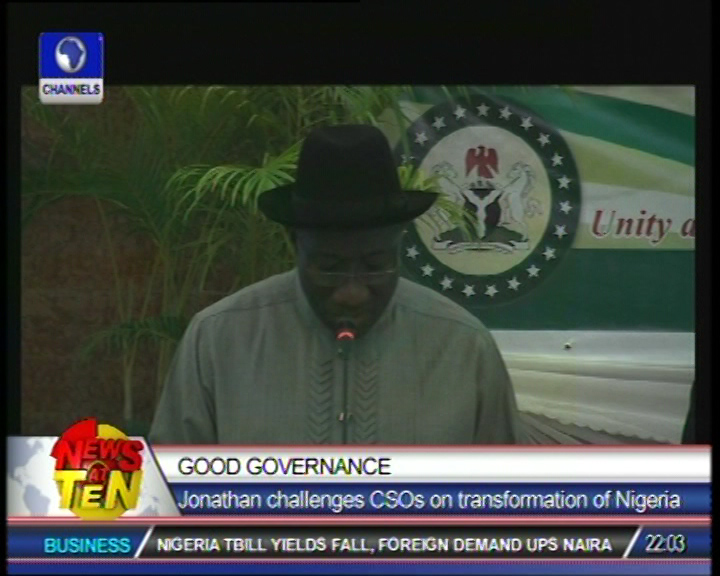
About 26 civil society organisations (CSOs) have declared February 22 as a “national day of protest” in a bid to get President Muhammadu Buhari to sign the electoral act amendment bill into law and send any amendments to the National Assembly at a later date.
In a statement issued on Friday, the CSOs said Buhari needs to sign the bill before February 22 if the date for the 2023 general election announced by the Independent National Electoral Commission (INEC) will stand.
“On the 31st January, 2022, the National Assembly transmitted the Electoral Bill 2022 to the President for assent after expeditiously reworking the bill to meet the President’s expectations,” the statement partly read.
“The bill allows electronic transmission of results, strengthens INEC’s financial independence and empowers the commission to reject falsified election results.
“The bill, when signed, requires INEC to issue Notice of Election not later than 360 days before the day appointed for an election. Therefore, the President has to give assent to the bill on or before 22nd February 2022 if the dates announced for the 2023 elections are to be maintained.
“The delay in granting presidential assent to the Electoral Bill, 2022 will create legal uncertainties that threaten the integrity of the off-cycle elections in Ekiti, Osun, and the 2023 general election, which is 366 days away.
“The civil society community resolves to declare Tuesday, 22nd February 2022, as the National Day of Protest to demand immediate assent to the bill.
“Civil society networks will organise peaceful public direct-action activities to further the demand to assent the bill. We urge citizens across the nation to call on President Muhammadu Buhari to act on this matter of urgent national importance.”
The signatories to the statement were listed as follows: Nigeria Civil Society, Situation Room, Yiaga Africa, Partners for Electoral Reform (PER), International Press Centre, Institute for Media and Society, Nigerian Women Trust Fund, The Albino Foundation, Centre for Citizens with Disability, Premium Times Centre for Investigative Journalism (PTCIJ), Labour Civil Society Coalition (LASCO), Transition Monitoring Group, CLEEN Foundation, Civil Society Legislative Advocacy Centre (CISLAC).
Others are: Women Advocates Research and Documentation Centre (WARDC), Nigeria Network of Non-Governmental Organisations (NNNGO), Inclusive Friends Association (IFA), Enough is Enough, The Electoral Hub, Centre for Liberty, Take Back Nigeria Movement, International Peace and Civic Responsibility Centre (IPCRC), 100 Women Lobby Group, Women in Politics Forum, Raising New Voices, Millennials Active Citizenship Advocacy Africa, and Ready To Lead Africa.
Channels Television had in an earlier report stated that reported President Buhari declined assent to the bill, citing concerns over the recommendation of direct primaries for political parties.
However, in an exclusive interview, the president said he was willing to assent to the bill, only if the other political methods of picking party candidates, are allowed.
According to him, having a compulsory direct primary for political parties “violates the spirit of democracy”.
Following the president’s comments, the National Assembly revisited the bill and introduced a clause allowing political parties to elect their candidates using direct, indirect or consensus methods.
However, though the lawmakers have had a change of heart and their revised bill has been presented to the president since January 31st, it remains unclear if President Buhari will assent to the electoral bill as amended.


